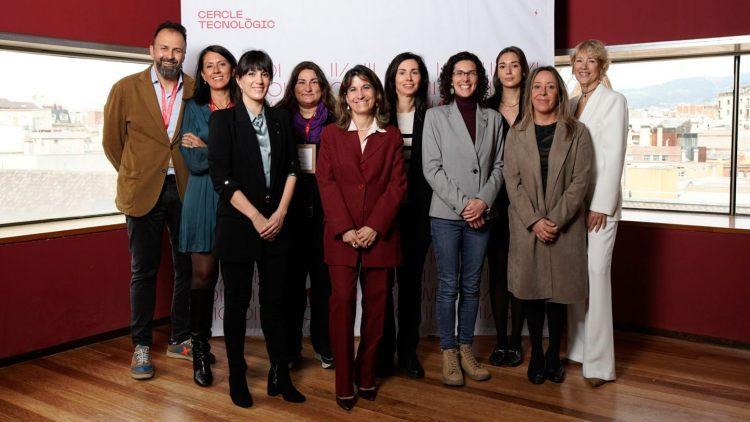The Cercle Tecnològic de Catalunya, with the collaboration of the Digital Fems entity and the Department of Business and Work of the Generalitat de Catalunya, has promoted the first edition of the 'Barometer of ICT Women in Catalonia'. The report has collected information provided by 500 companies. However, only 177 companies have shared complete, gender-disaggregated data. In this sense, the research highlights the lack of follow-up on the inclusion of women and the difficulties of analyzing their presence in the various roles of the hierarchy, in the acquisition and promotion of talent and in the 'application of inclusive policies in the Catalan technological and digital sector.
In this sense, the first edition of the 'Barometer of ICT Women in Catalonia' shows how female talent represents 37% of the hiring of technology professionals and 35% of internal promotions. Regarding the presence of female technical profiles in technology companies, this is mostly concentrated in positions related to IT project management (32%), followed by software development and maintenance (25%) and the development of 'infrastructures (19%). Unfortunately, the average number of working women in technical positions is 25%. Along these lines, the Catalan Women's Institute warns that in 2021 only 7.4% of university degrees obtained by women were in engineering or architecture.
Faced with this reality, and with the desire to reduce the gender gap in the ICT ecosystem, the 'Barometer of ICT Women in Catalonia' recommends increasing the quality of data collection and processing systems to obtain valid information that promotes equal management of the work and corporate environment. It also advises establishing mechanisms and providing resources to the profiles that develop the reviews and evaluations on the performance and skills of working people to avoid biases that create obstacles in the professional career of women. In short, the adoption of an inclusive and transparent corporate culture has the potential to turn ICT companies into spaces open to innovation. The sum of different perspectives enriches technological services and products and generates a positive socio-labor impact.



